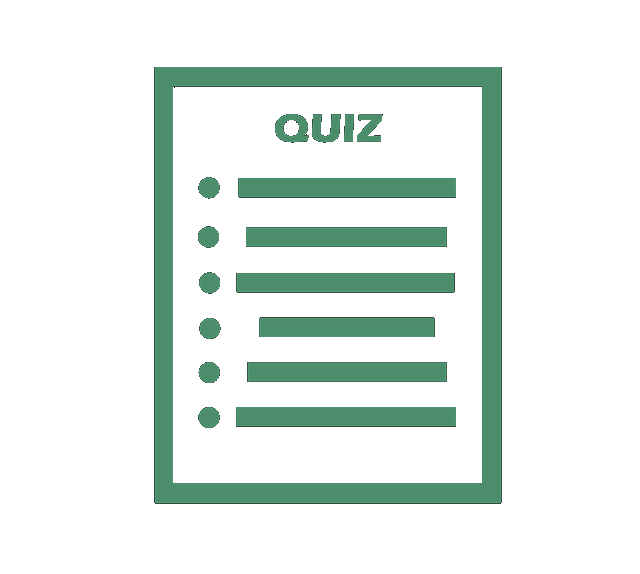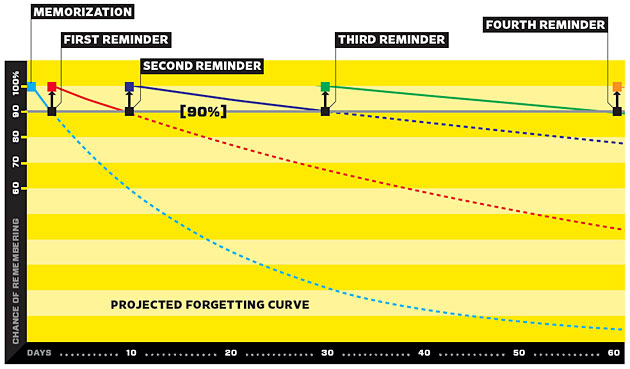The What and the How
Learning is a multi-stage process. Stage 2 - Absorption - is the most difficult, and most time consuming part of learning. It is the stage that nobody else helps you with - neither your teachers, your peers or anyone else. It is the stage that students are least equipped to manage on their own.
Spaced Repetition (SRS) is the most effective learning method for the Absorption stage. SRS can massively reduce the effort required for, and decrease the time spent in, the Absorption stage.
SRS combines the two most effective learning techniques known:
- Practice Testing
- Distributed Practice





